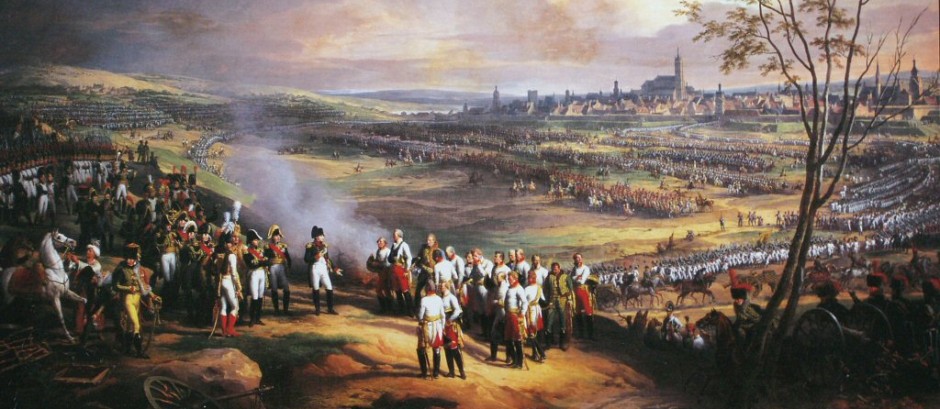NOTE: In AP Euro, You will learn and practice how to develop a thesis statement and write topic sentences, how to organize your essays, and how to use evidence to support your arguments. However, I will assume that you are already able to control tense and point of view. Essays not written completely in 3rd person past tense will be returned before grading for a rewrite – you will always be encouraged and rewarded for second (third) efforts.
1. Spelling. Please use spellcheck on take-home essays, or look up words in a dictionary.
2. Capitalization. Historical eras are capitalized e.g. the Middle Ages, Renaissance, Europe, the Age of Enlightenment.
3. Always use past tense. The only exception to this is when you are using a person’s quote; if his/her quote is in present tense, you accurately record it as stated. But notice how this works: The Austrian Prime Minister Metternich stated, “When France sneezes, Europe catches a cold.”
4. Underline the names of books and place artistic and musical works in quotation.
5. Avoid the verb “To Be” e.g. was, were. This verb is passive, bringing the flow of your essay to a halt. One technique in avoiding this problem is to condense your writing when possible. For example, “Shakespeare was a playwright. In his play, Romeo and Juliet, he stated…” Change to this, “Shakespeare, in his play, Romeo and Juliet, stated…”
6. Factual Density. In your essay body paragraphs, pack your writing with facts (e.g. names, dates, places, artistic works, quotes, etc.).
7. Underline esoteric foreign words (words not frequently used in our language) e.g. sfumato, condotierri, Zurrisenheit, Ubermensch, fin de siecle, etc.
8. Never refer to today, never, never, NEVER.
9. Do NOT use contractions e.g. Don’t, wasn’t, can’t, didn’t, etc.
10. Avoid making absolute statements e.g. “The Renaissance totally transformed European culture.” “Lenin and the Bolsheviks completely abolished the czarist traditions.” Such comments are not accurate so find close synonyms, words such as “significantly, decisively, irrevocably,” etc.
11. Avoid abstract nouns e.g. mankind, the world, man, humanity. Find more concrete nouns. Instead of constantly writing Renaissance man, be more specific, such as “Renaissance culture, Italian culture, Renaissance painters, artists, sculptors, princes, despots, etc. Let the context of the sentence shape the specific noun to be used.
12. Avoid making evaluation comments e.g. “tremendous, beautiful, wonderful,” etc. Do not state, “The Renaissance witnessed the most wonderful achievements in…” Let the reader make up his / her own mind.
13. Avoid poetic phrases e.g. “A bright new dawn burst upon the earth spreading golden rays of sunlight to nurture the gardens of man’s greatest ambition…” Historians write in an academic, scientific style which is different from what is often asked of you in English writing assignments. Always be as clear and concise as you can. Work on condensing your style.
14. Avoid repeating the same word (noun or verb) in close succession, find synonyms.
15. When citing quotes, use the following rules:
Use only short quotes – never more than one sentence.
Never start or finish your essay with a quote.
16. Introduction Paragraphs. Use the following rules:
No longer than 4-5 sentences, at the most.
The time span of the essay should be mentioned.
This paragraph should refer to the central themes/causes/subject of the essay, but only briefly.
17. Conclusion Paragraphs. Use the following rules:
No longer than 5-6 sentences, at the most.
It should summarize without simply restating.
Never finish with a last sentence quote. Finish with your own words, not someone else’s.
Tie the essay, when possible, to a wider historical context…e.g. forthcoming historical developments.
18. Topic Sentences. Use the following rules:
Topic sentences should take a position and be directly connected to the thesis statement.
The content of the paragraph should be evidence that supports the assertion of the topic sentence.
Sample topic sentences:
“Social and intellectual forces produced a more secular cultural atmosphere where worldly values could be cultivated and celebrated.”
“Such wealth demanded new forms of political organization.”
“For the Italian humanists, however, the rediscovery of Greece and Rome provided the most self-conscious stimulus for the Renaissance.”
“Even in view of these overwhelming odds, German democracy might have survived.”
“In contrast to the Enlightenment admiration for classical Greco-Roman culture, Romantic artists found their spiritual homeland in the Medieval past.”
“Romanticism died on the barricades of revolutionary Europe in 1848.”
19. Rhythm. This is hard to teach/learn, but constantly think of your essay in terms of flow. That is, it should move along with a quick pace. This is insured by keeping in mind a couple of strategies:
Vary the length of sentences
Use active, dramatic verbs e.g. Not Luther said, but Luther argued, advocated, commented, demanded, etc.
Use active rather than passive voice by putting nouns before verbs: “The Reformation was initiated by Luther” can be changed to “Luther initiated the Reformation.”
Avoid those passive verbs e.g. was created, was developed, was initiated, etc. Change such sentences around, putting the noun before the verb, and dropping the “was.”
20. Above all, keep in mind that writing, like any other skill, only develops over time with concerted, purposeful work. You must desire to improve, and give self-critical analysis to this task.
As Ernest Hemmingway once commented, “There is no such thing as good writing, only good rewriting…”
